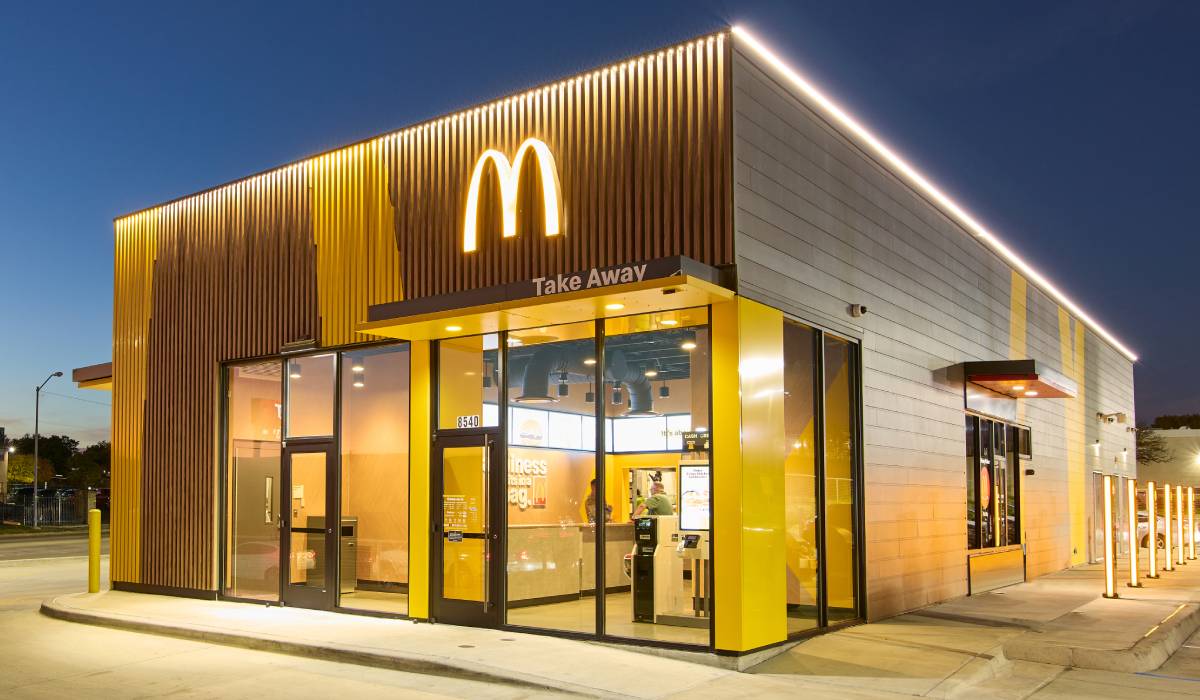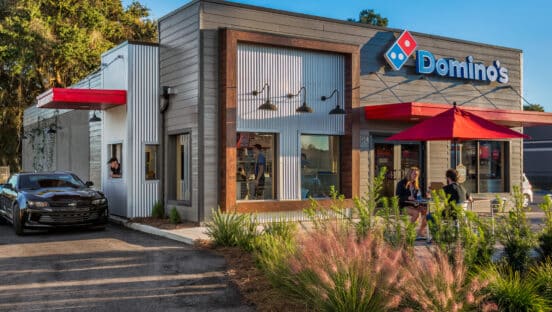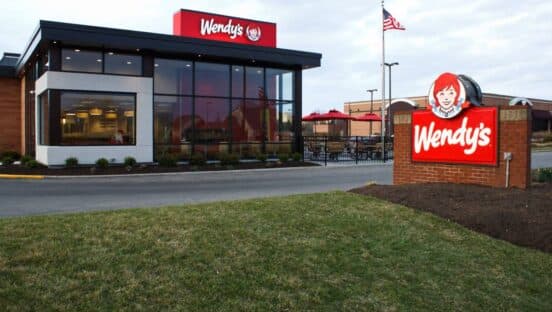Deb Lutz had always dreamed of owning her own restaurant.
After 20 years in executive corporate roles, she began exploring opportunities at b.good, which was then a budding brand with about 15 locations and three franchisees. After traveling to the brand’s home base of Boston and trying a blueberry smoothie (made of local blueberries, Greek yogurt, honey, and basil), Lutz signed on as the brand’s fourth franchisee.
Four years later, Lutz owns four b.good locations in New Jersey and Philadelphia and is working on her fifth. In addition to being the company’s sole female operator, she is also the brand’s largest and fasting-growing franchisee. She shares insights learned along the way and how her personal life sparked a passion for the company’s values.
1. Find your fresh
I had a 20-year career in corporate America and decided I was done and wanted to do something on my own. I have an entrepreneurial spirit, and I’ve always wanted to own my own restaurant—call me crazy. I have a daughter who is 17 now, and she has Prader-Willi syndrome, which is a rare genetic disorder that’s the leading genetic cause of obesity. It makes going out to eat a challenge for us as a family, and so I really wanted to open a place that was for everybody and where people with different food needs could come eat. That’s why I chose b.good.
Obviously the McDonald’s of the world are trying to find their place as people are eating more healthily and know where their food is coming from. That’s exactly what b.good offers. When I talk to people about it, they love that it’s the kind of place you can have a burger and fries that is locally sourced. It’s sustainably raised meat; our potatoes are hand-cut in house. You know you’re getting a quality meal, but we still cater to people who are vegetarian or vegan and who eat gluten free or have different allergies.
I met the founders, and they were so passionate about what they were trying to do that I said to myself, I’ve got to get on board. I was franchisee No. 4, back in 2013, and I knew this was going to be something that was growing. The first store that I opened was store No.16, and they now have over 50 locations.
2. Get in on the ground floor
I like to think of myself as a fast learner, and it was still tough to keep pace. It was like learning a whole new career, but this time you were on the hook, line, and sinker. It was my money going in; it was my time; it was my reputation. It was pretty intense, but it was so much fun. I learned from the ground up, starting with the right way to mop the floor.
I had never worked in a restaurant in my life. What I had done was run successful businesses, so I knew the business side of things, from managing people to learning how to analyze and improve P&Ls to working with outside partners like different vendors, accounting firms, and law firms. I think those are the biggest skills I brought to the table. I also hired somebody to partner with me who would be my operations person. She came with 15 years of experience in the foodservice industry, and she’s been indispensable.
It’s been exciting to see how quickly we’ve all grown. It’s a small group of franchisees, but we’re growing every day, and I love developing the group. I hope to continue to be on pace and continue to be the fastest-growing franchisee and be a source of inspiration for others coming into the concept. It’s exciting to talk to fellow franchisees about becoming a leading national brand.
3. Go to the source
I have the responsibility of identifying all of my sourcing. If you tap into another franchise, you probably hook up with national vendors who are supporting all the different franchisees. When I opened up, I was the farthest away from headquarters and in a totally different region with all different vendors from a local standpoint. I had to find my own local bread, produce, beef, and soda. It’s a real challenge at times. I had to find vendors that were a great fit for b.good’s values.
Adding new units is about making sure the one before it is operationally sound, and that’s been one of our biggest challenges: hitting our cost-of-goods targets, making sure our labor’s under control, and finding really good people who care about the business and view it as more than a paycheck. I offer great growth opportunity, but a lot of times I find people are impatient and want it to happen overnight without really proving themselves.
I ask people a question when I interview them: “What’s most important to you? And put them in order: passion, compassion, integrity, and accountability.” At the end of the day they’re all important to me, but I want to hear the thought process behind how people think about those four things. If I get a great answer about that, I feel good about what this person can bring to the company and to the brand










